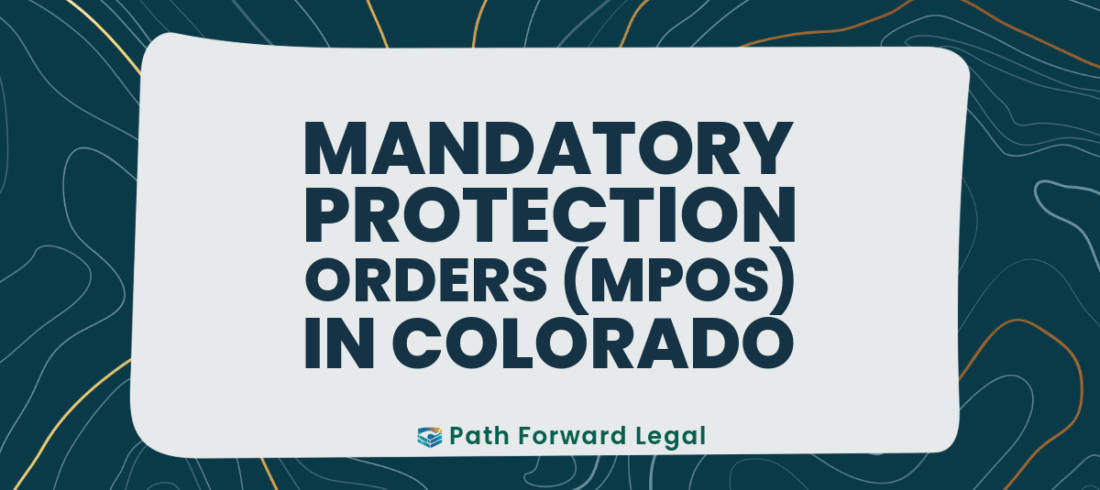If you’re facing criminal charges in Colorado and have a release condition (sometimes called a “no-contact order” or a “protection order”) that says you can’t return to your home or have contact with the alleged victim, it’s natural to feel confused—especially if your partner or family member is now asking you to come back. Here’s what you need to know:
The Court Order Controls—Not the Other Person’s Wishes
No matter what your partner or roommate says, you cannot return home if your bond, restraining order, or protection order says you can’t. Even if they text you, call you, or invite you back, only the court can change this condition. You’re not even allowed to respond to their attempt to contact you, if you have a no-contact order.
Returning home or contacting the protected party—before the court changes your release condition—can result in new criminal charges for violating a protection order or bond condition. This is true even if your partner is the one reaching out to you.
How Do You Know If You Can Return Home?
You can tell if your Mandatory Protection Order (MPO) is a no-contact order by carefully reading the specific conditions listed in your paperwork. In Colorado, an MPO is issued in almost every criminal case involving a victim or alleged victim. If your MPO says you must have “no contact, directly or indirectly, with the protected party”—or if it prohibits you from going to their home, work, or communicating in any way—that means you are under a no-contact order.
These conditions are usually listed in the second half of the one-page order, in a series of pre-printed restrictions that the judge selects. If there is a “check” in the checkbox next to the order, that order applies to you. Also look at the last section where the judge can write in any modifications to the standard orders. This lined section often has additional conditions like being able to request a civil assist, being able to contact the protected party through Talking Parents, or staying 100 yards away from specific places.
If you’re unsure, ask your attorney to review your paperwork with you to make sure you fully understand what’s allowed and what isn’t. Violating any no-contact condition can lead to new criminal charges, so it’s crucial to be clear on your restrictions.
Why Documentation Matters
It’s very important to keep records of any messages, calls, or invitations from your partner or anyone else about returning home. Save all texts, voicemails, emails, or social media messages. These records can be helpful for your attorney if you need to show the court that the other person has tried to contact you or wants to change the no-contact condition.
Remember: The judge’s order is the only thing that matters right now—not what your partner says. When in doubt, contact your attorney before you make any decisions.
What Should You Do Next?
- Do NOT return home or contact the protected party until your lawyer tells you it’s okay, and the judge has changed your conditions.
- Share any communication from your partner with your attorney right away. Your lawyer can help you ask the court to modify or remove the restriction—if that’s what you want.
- Don’t ignore the order. Violating a no-contact or no-return condition in Colorado can result in immediate arrest and additional charges—even if you believe it’s a misunderstanding.
How Path Forward Legal Can Help
At Path Forward Legal, we understand how stressful and confusing these situations can be. We can review your case, help you document any new communications, and guide you through the process of asking the court to change your conditions. Our experienced attorneys will make sure you stay protected and don’t accidentally make things worse.



